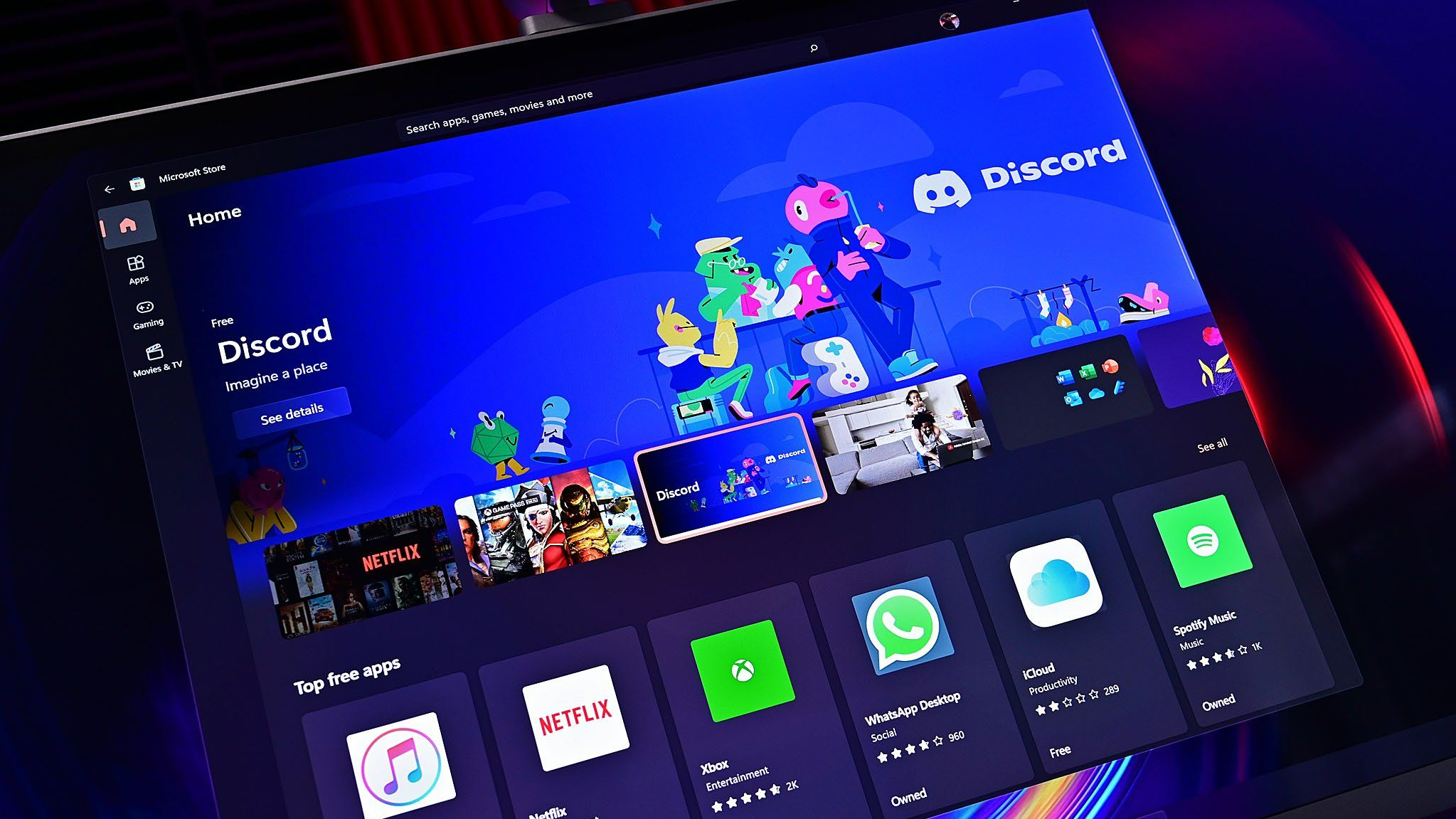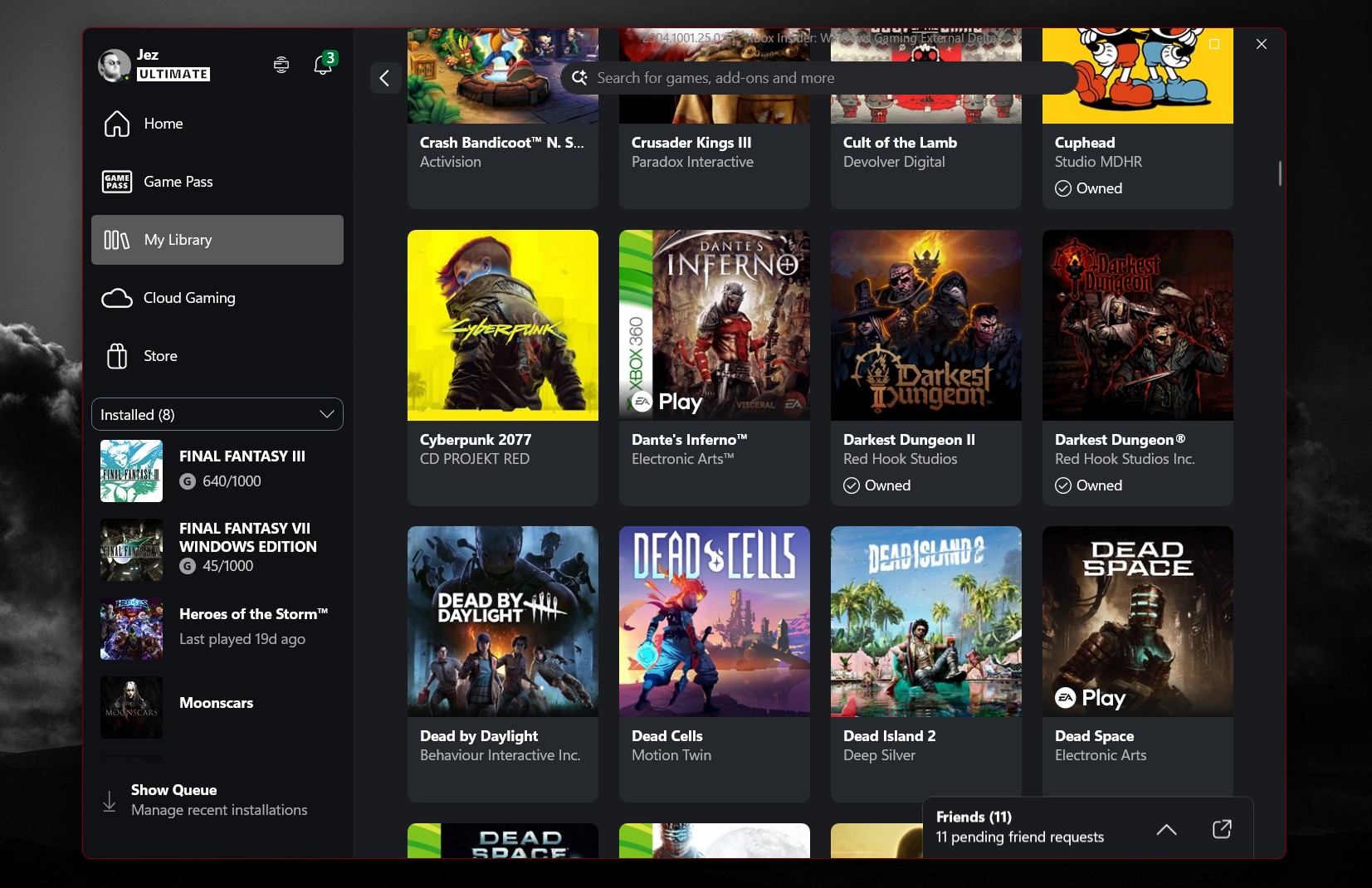Microsoft responds to controversial store policy change
Microsoft has clarified its stance about legitimate open-source and generally free apps on the Microsoft Store.

What you need to know
- Microsoft recently announced policy changes for the Microsoft Store that will take effect on July 16, 2022.
- One of those changes will prohibit the sale of open-source apps or applications that are free outside of the store.
- The new rule drew criticism from developers, since some companies use the Microsoft Store to sell their own open-source apps.
- Microsoft's general manager of partners and the Microsoft Store clarified that the new policy targets copycat and other illegitimate app listings.
Microsoft came under fire this week due to new policy changes for the Microsoft Store that will take effect on July 16, 2022. One of the new rules prohibits the sale of open-source apps or applications that are generally available for free outside of the store. The phrasing of the new policy is broad enough that it covers legitimate applications being sold by the makers of the apps. This led to criticism from several members of the developer community.
I am disappointed by the @MicrosoftStore policy change that prohibits selling open source software. The Store provides independent open source developers an opportunity to create sustainable projects by charging a reasonable amount there. https://t.co/a3x9MSZJZSJuly 6, 2022
While some people try to dishonestly earn money by selling others' open-source apps, there are companies that list their open-source or generally free applications in the Microsoft Store to earn revenue. This is often done in place of asking for donations.
"If you buy Paint.NET in the Windows Store, you'll be supporting its development directly (normally we ask for a donation)," explains the Microsoft Store entry for Paint.NET.
After the policy was flagged up, Microsoft's General Manager of Apps, Partners, and the Microsoft Store Giorgio Sardo clarified the intent of the new rule. Sardo stated that the intent of the new policy is to target copycat apps and scammers.
That's right, that was the intent. Really appreciate the feedback @WithinRafael @unixterminal @anaisbetts ! We are listening, and we will look into clarifying the wording as soon as possible. https://t.co/uIZswaS16UJuly 6, 2022
Sardo's comments were in response to a tweet by ani betts that said, "I suspect this was designed to catch scammers that lazily repackage FOSS software for $$, probably needs an exception for the copyright owners."
The general manager confirmed that Microsoft will look into clarifying the wording of the new policy.
Get the Windows Central Newsletter
All the latest news, reviews, and guides for Windows and Xbox diehards.

Sean Endicott is a tech journalist at Windows Central, specializing in Windows, Microsoft software, AI, and PCs. He's covered major launches, from Windows 10 and 11 to the rise of AI tools like ChatGPT. Sean's journey began with the Lumia 740, leading to strong ties with app developers. Outside writing, he coaches American football, utilizing Microsoft services to manage his team. He studied broadcast journalism at Nottingham Trent University and is active on X @SeanEndicott_ and Threads @sean_endicott_.
